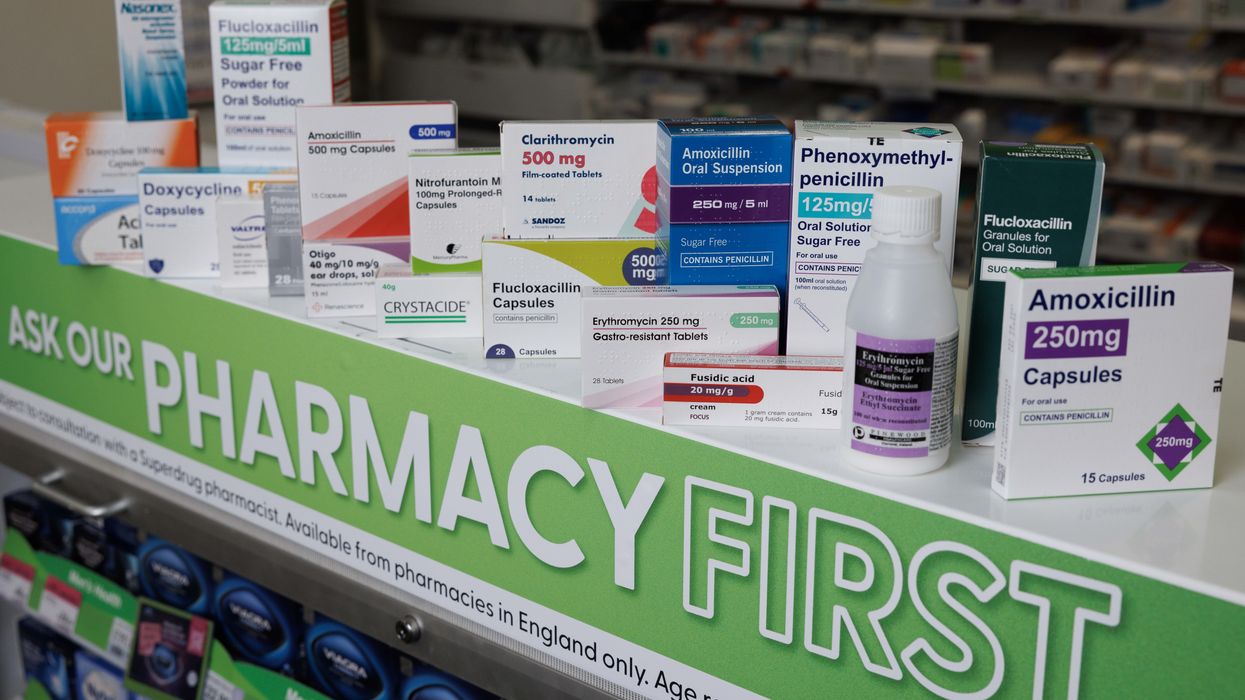With suggestions that pharmacists should be allowed to substitute medicine in times of shortages, National Pharmacy Association (NPA) chief executive Henry Gregg said there’s a sense of ‘frustration’ that this is not already happening.
A new report from the All-Party Parliamentary Group (APPG) on pharmacy today said a failure to tackle the ongoing crisis over medicine shortages could lead to ‘destabilising’ the community pharmacy sector and further ‘undermine’ patient care, according to MPs and peers
One of the recommendations that MPs and peers have made is to empower pharmacists to make dose and formulation substitutions during shortages
“It is particularly frustrating for pharmacists to be unable to meet a clear need when they have a perfectly safe and effective solution in their pharmacy already,” said Gregg.
“MPs are right that it is madness to send someone back to their GP to get a prescription changed, and it risks a patient either delaying taking vital medication or forgoing it altogether, which poses a clear risk to patient safety.
“As the APPG says, the government must allow pharmacists - who are highly trained health care practitioners – to use their professional judgment to supply an appropriate alternative medication when the prescribed version is unavailable."
Steve Race, chairman of the APPG on pharmacy, revealed the impact of medicine shortages is having a detrimental impact on society saying the ‘human impact is both visible and deeply troubling’.
The report highlighted that impact medicine shortages is having on patients with conditions such ADHD (attention deficit hyperactivity disorder), menopause and diabetes.
More than nine in 10 pharmacists, GPs and prescribers told an APPG survey ADHD medicines had been affected by shortages.
Around three quarters (76 per cent) said HRT and diabetes drugs had been affected, while 44 per cent said antibiotics.
Race warned that these shortages are having a significant impact on patients’ ability to access treatments and in some cases are having serious impact on patients’ health and well-being.
He revealed that its causing ‘frustration, dangerous delays in care, and unnecessary anxiety and harm’.
Janet Morrison, chief executive of Community Pharmacy England (CPE), said that ‘without decisive action, we risk these challenges persisting for many more years to come’.
“The APPG’s inquiry is yet another strong piece of evidence highlighting the medicines supply situation. Medicine supply issues are a constant worry for community pharmacy teams up and down the country,” she said.
"We agree that a full reform and robust review of the Community Pharmacy Contractual Framework is fundamental – not only for sustainable funding, but also to ensure we have an operating model that addresses mounting financial pressures and meets rising patient needs. In today’s world, our sector must be robust enough and equipped to respond to ever-evolving healthcare needs so that people can access their medicines whenever they need them.
“We are pleased to see the APPG for Pharmacy championing this issue across Parliament and with Government, and we will continue to work closely with them at every opportunity to push for the changes patients and pharmacies urgently need.”












